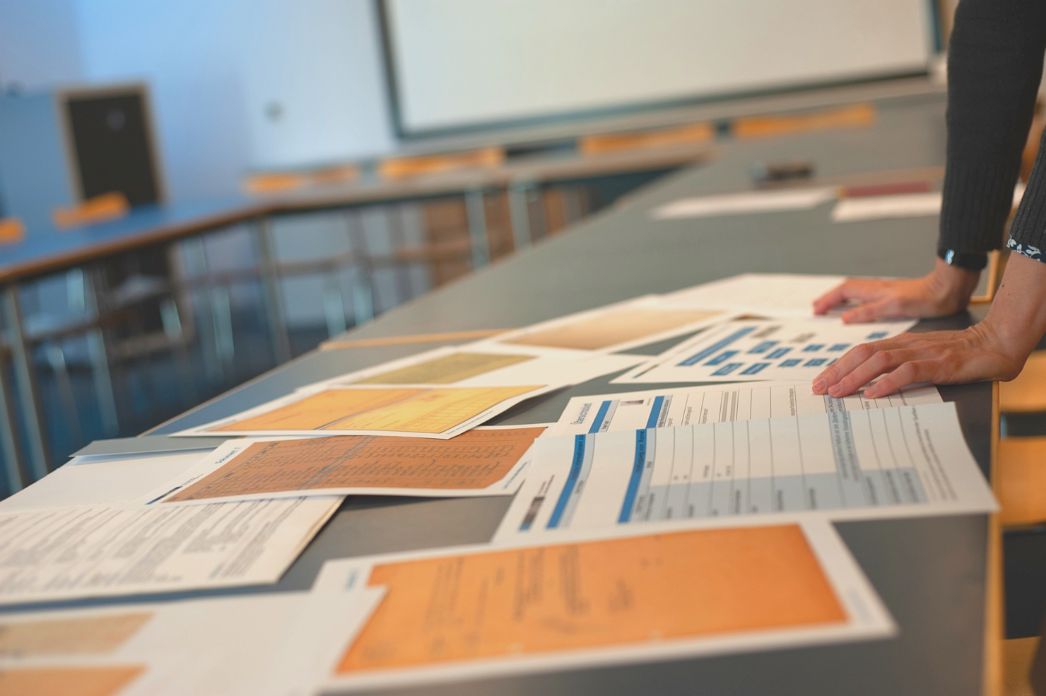
A cooperation agreement between the Thuringian police department and the Buchenwald and Mittelbau-Dora Memorials Foundation has been in place since 2018. The police department expressed an interest in incorporating more substantial historical-political educational programmes into police education and training. Since then, we have been offering educational programmes specially developed for members of the police force, which have already been attended by police officers from all over Germany.
The core aim of these programmes is to enable police officers to critically reflect on their own professional actions based on the negative example of the Nazi period. This includes, for example, raising awareness for (moral) red lines for one's own actions and the necessity of ensuring that actions taken by the police align with the constitution and the principles of human rights.
For this purpose, we offer multi-day events for prospective police officers during their training or period of study as well as one-day and multi-day training events for active police officers.
The content of these programmes focuses on the history of the German police during National Socialism, although the phases of transition between different political systems are also treated. Continuity and breaks with the past are explored in terms of the role of the police. The image of the police as a "friend and helper" dating from the Weimar Republic persisted under National Socialism – but it no longer applied to everyone. Out of the rapid and largely silent restructuring of the constitutional democratic police force of the Weimar period emerged the National Socialist police, which functioned as the executive arm of a system of state terror and extermination. In this context, the police also played a central role in the concentration camp system, which is illustrated by the example of the Mittelbau-Dora Concentration Camp.
The police force is not only examined as an institution; an additional focus of the educational programme includes many individual historical figures, their scope for agency, and their motives.
In addition to tours of the city of Nordhausen and the grounds of the Mittelbau-Dora Memorial, work with historical sources and museum exhibitions are also an important part of these educational offerings. We place particular emphasis on engaging in an open exchange with one other, creating opportunities for discussion, and processing experiences through opportunities for reflection.

